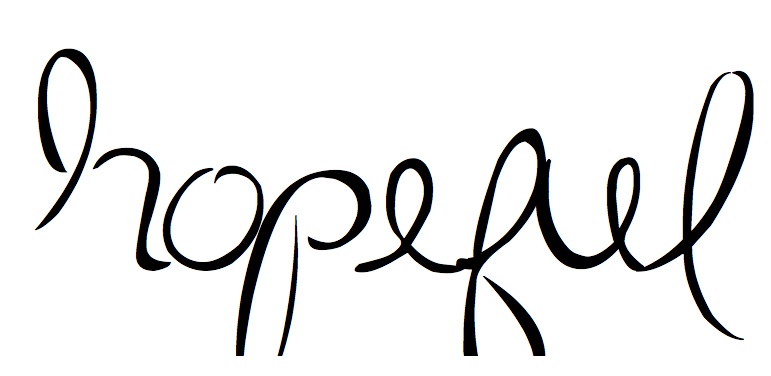I work for an international disaster relief organization whose people have been laboring around the clock in Haiti these ten months. Most of my work revolves around marketing, social media, and creative input in various communications projects. I make sure our supporters know what our international staff is up to and I work to gain the awareness and support of still more individuals. Haiti, though, has changed the way I think about these things.
Cholera hit nine months after the earthquake, and two weeks into the outbreak, most Americans had all but lost interest. Even now, the highest levels of response and engagement come when we report that the number of deaths and infections has risen. The statistics are always repeated and my organization is viewed as a reputable source for information. And yes, those are goals I have in my line of work. But.
But will the 200 people in the 125-bed clinic live to see tomorrow? Will the nurse be able to get IV fluids into the two-year-old girl who is so severely dehydrated that finding a vein is proving impossible? Will the man who was driven to the clinic on a motorcycle, while unconscious, ever open his eyes to see the bright Haitian sky again? Will the boy who’s playing soccer in Cite Soleil take a swig of cholera-infected water when he flops down to break from the heat?
I don’t know the answers to these questions, and to be quite honest with you, I don’t think about these questions as often as I wonder how I can use that picture of the dying child to get you to care enough to follow our updates on Facebook. Yes, it sounds shallow.
But I don’t really care about the tweets or the status updates or the number of views on YouTube. I care that there are thousands of people infected with a disease that is alarmingly preventable. I care that relief supplies are being held useless and that manipulation of last Sunday’s election could stall aid for desperate people. I care that a lot of organizations collected money in January and only a few are doing the large majority of actual work.
I care that most of you didn’t know these details, but that these facts are pushed into my face day after day; they are told beside pictures of mothers cradling their sick children, filmed by friends who’ve just returned from the clinics, spoken through the clenched teeth and tear-filled eyes of exhausted medical staff as they hydrate one more patient, sing to one more sick babe.
I care that I am at a loss for how to make America give a damn.
Since 2001, I’ve pitied people whose birthdays or anniversaries fall on the eleventh of September, a date that will forever pass in infamy in the minds of American people. I can tell you from experience, that kind of shadow will not always fall over January 12th—indeed, most people today could not name the date the ground cracked beneath an already broken land.
I am afraid I will forget. I fear that January 12th will pass for me as another year I’m single, or another year I’m not where I thought I’d be in life. I fear wishing I had a little more money in my bank account, rather than wishing I could save a few more people from death by waterborne disease.
I’m afraid I’ll never be capable of adequately conveying the urgency of this situation to a population who may not hear about it anywhere else. I’m afraid Haitians will keep on dying, and I’m afraid we could be stopping it.
Haiti Cholera Edpidemic - Urgent Appeal from Matt Powell on Vimeo.

